Greetings to the kingdom of the Grand Teton National Park, where the beauty of nature is a display of rocky mountain peaks, green forests, and clear lakes. This all-inclusive article will take us through this undisturbed desert by use of Grand Teton National Park map which will help us discover its marvels. Let’s follow them as they start on a journey that they will never forget in their lives within the splendid area surrounding Grand Teton National Park.
Contents:
1. Unveiling the Majesty of Grand Teton National Park
Geography and Landscape
Situated in Wyoming’s western hub, Grand Teton National Park has a landscape that is beyond belief. In its core lies the majestic Teton Range – a proof of nature’s excellence crowned by the Grand Teton itself. Encircling these peaks is Jackson Hole; a valley cradling gems like Delta Lake, Jenny Lake, and Jackson Lake while the tortuous Snake River tells its story as it winds through this ground alongside age-old ice-sculpted terrains.
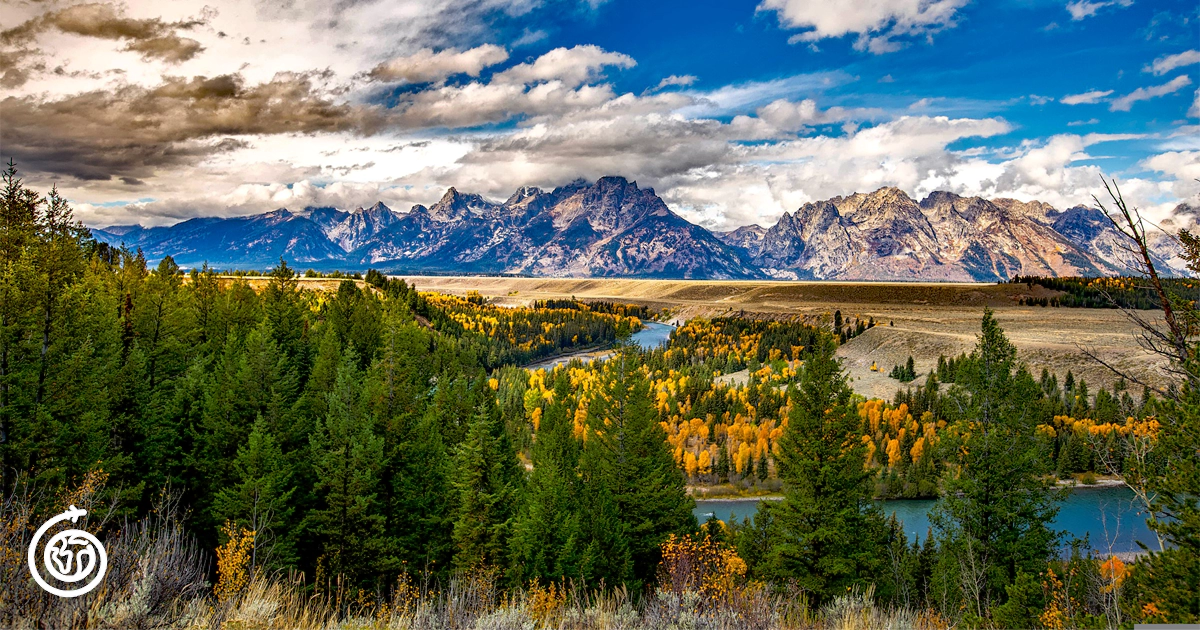
Ecological Diversity
This place acts as a sanctuary where different forms of life intermingle. Alpine meadows adorn mountaintops whereas luxuriant forests wrap around valleys. There are elks, moose, bison, bears, and bald eagles among many other creatures that inhabit this area thereby displaying the richness and resilience of this park’s ecology.
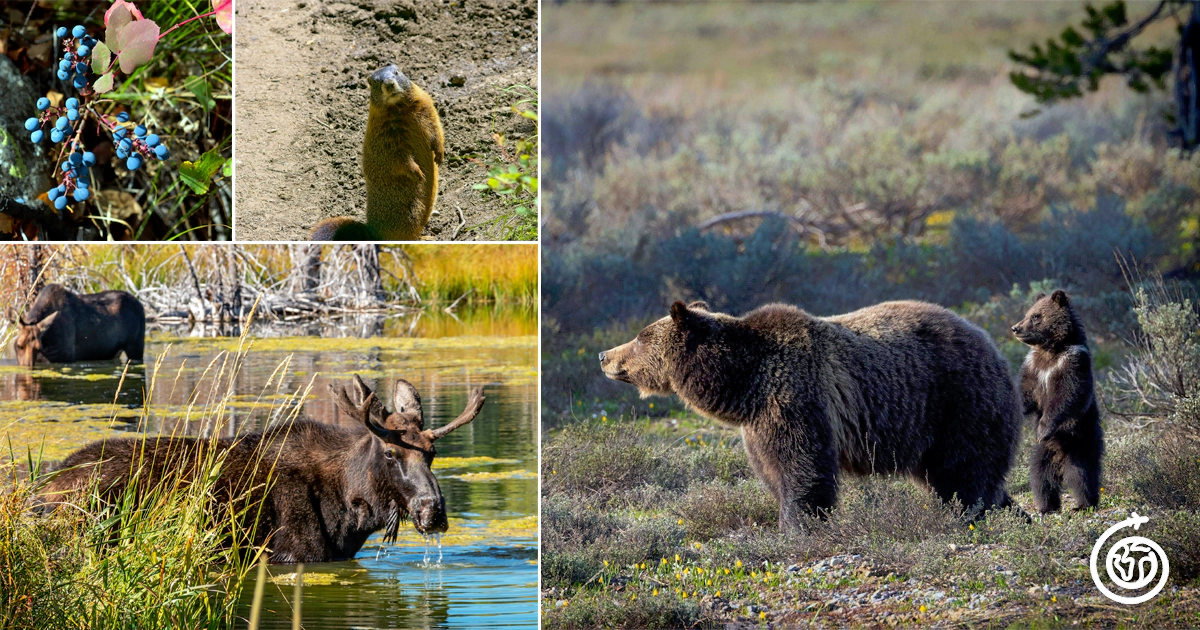
A Paradise for Outdoor Enthusiasts
Grand Teton National Park is an adventure paradise for those who want it all. Hiking, camping, fishing, or boating – there’s no end to what you can do here. Every single inch offers something new waiting to be found. Whether it’s peace in between mountains or excitement rushing through your bloodstreams. No matter if you’re looking for some time alone among peaks or high thrills with others around, this park has got something just right for everyone.
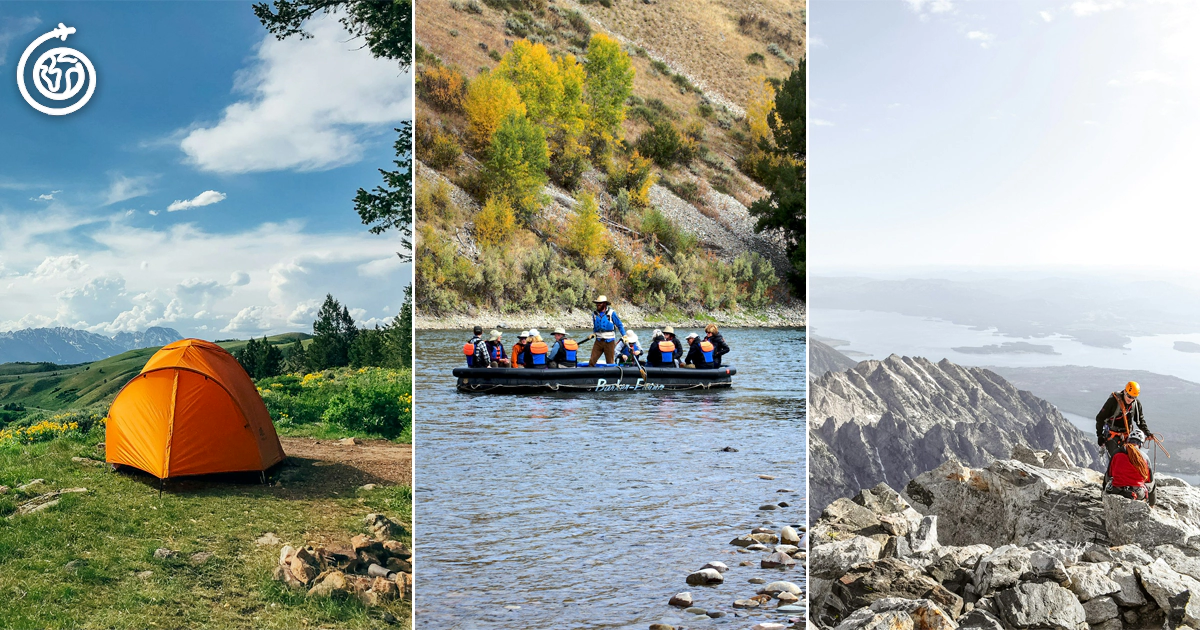
2. Navigating Grand Teton National Park with a Map
Starting a Grand Teton National Park trip could be compared to entering the maze of the wild. You shouldn’t worry though! When you have your maps in order, this huge tract becomes an entertaining search rather than an overwhelming puzzle.
A good Grand Teton National Park map should always be there for you whether you plan on walking down an easy path or going deep into the backcountry. It is more like having an old wise man beside you who whispers advice and points out which route to take. So be sure that you bring one that can be relied upon!
Types of Maps Available
So, what kind of maps are available in Grand Teton National Park?
Official NPS Park Maps
Well to start with, there are official NPS Park Maps. These Grand Teton National Park Maps are very detailed and can be compared to treasure maps as they reveal all the hidden gems and secret routes around the park. They can be downloaded from the NPS website.
Detailed Topographic Maps
But that’s not all; another type is a topographic map which gives more information about features and landforms within this area. It’s like having an X-ray vision that allows you to see through things and discover what lies beneath them even when those things happen to be buried under layers of soil or rock. Such Grand Teton National Park maps can be bought at any reputable outdoor store thus making them yet one more useful thing for explorers’ kit.
Interactive Park Maps on the NPS Mobile App
For those who like doing everything with their smartphones, there is an app offered by NPS which turns your device into a virtual guidebook. This means interactive Grand Teton National Park maps, descriptions of trails as well as real-time updates on current status throughout the area among other features will now be available right at your fingertips – just download it!
Key Features
While moving through Grand Teton National Park, pay attention to the park’s greatest attractions. From famous gates to picturesque views, every place has its charm and things to discover. It’s as if you were going on a great treasure hunt with unexpectedness hiding behind each bend.
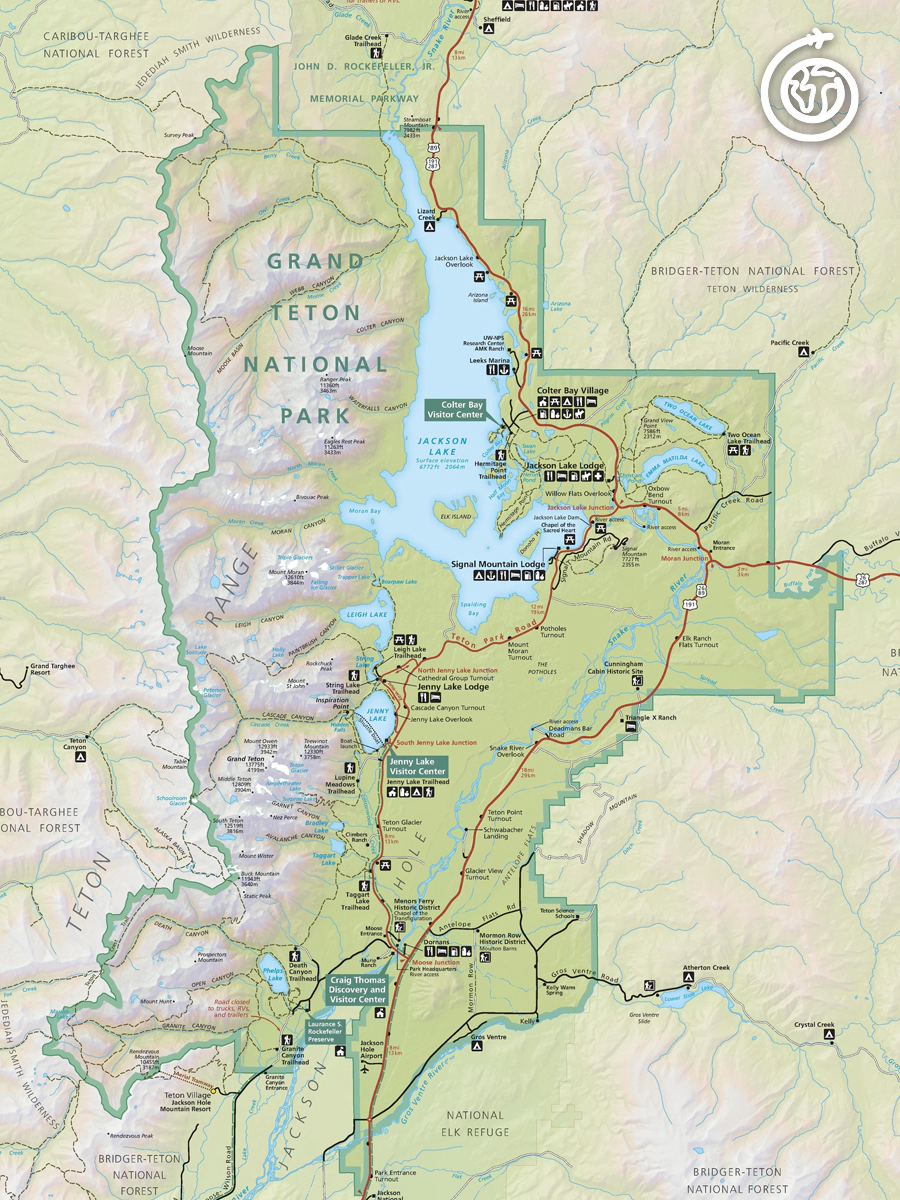
3. Must-Do Hikes in Grand Teton National Park
When one prepares to go hiking in Grand Teton National Park, it is as if they are getting ready for an epic journey where every path can be a different story. Imagine yourself at the beginning of a trail with giant mountains all around you and no civilization for miles. Now let us dive into the world of hiking and find those routes that will make your heart pound out of your chest in excitement.
Choosing the Perfect Hike
Before starting any hike, it is important to select one that matches both your ability level and what you want out of it. Consider how hard or easy something might be based on distance desired (shorter vs longer), elevation gained (more vs less), or rewards gained from the scenery. All these things should help ensure success!
Do you prefer going deep into the wild backcountry or staying close to front-country conveniences? Let’s look deeper into these concepts so we can figure everything out together.
Frontcountry Hiking
Easily accessible from major park facilities
Trails are typically well-maintained
Often heavily trafficked
Suitable for beginners or those seeking a leisurely stroll
Offers stunning scenery without the need for extensive preparation
Backcountry Hiking
Provides solitude and unspoiled wilderness
Trails are more rugged and remote
Requires careful planning and preparation
Ideal for adventurous souls craving a true escape into nature
Offers a deeper immersion into the wilderness and a more challenging experience
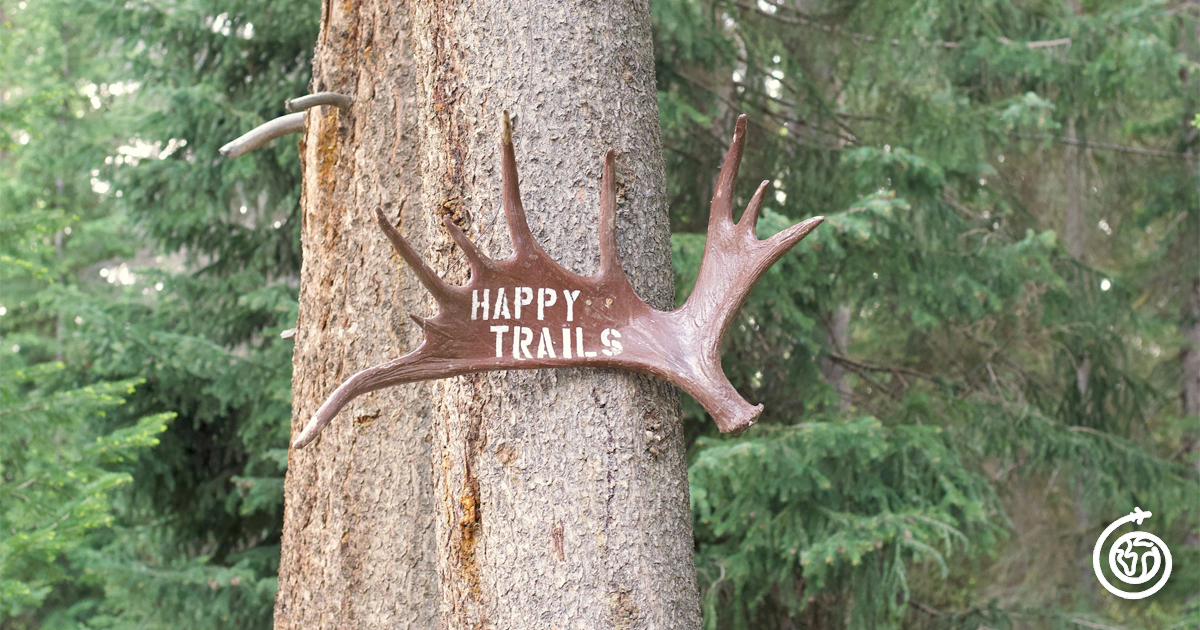
5 Top Hikes in Grand Teton National Park with Detailed Maps
Taggart Lake Trail
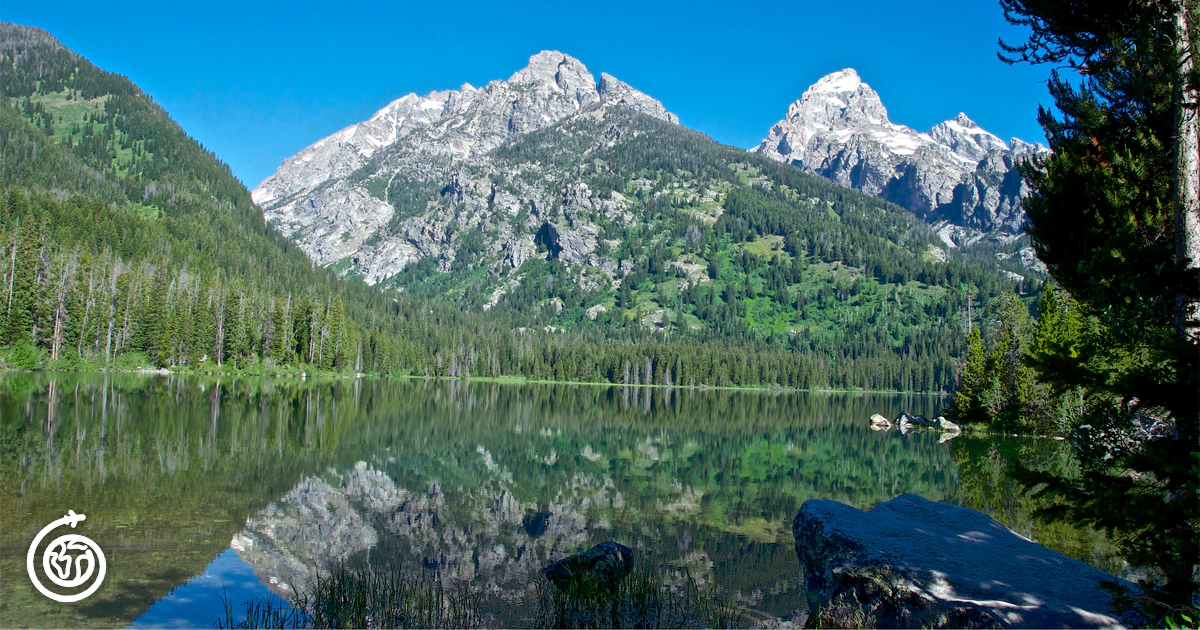
Among the easiest trails around, it provides one with an opportunity to have peaceful moments in nature as they wind through calm grasslands dotted with huge pine trees. Taggart Lake marks the end point where mountains reflect themselves on still waters creating beautiful alpine surroundings.



Easy
4 miles roundtrip
450 ft
Recommended Map: Taggart Lake Trail Map
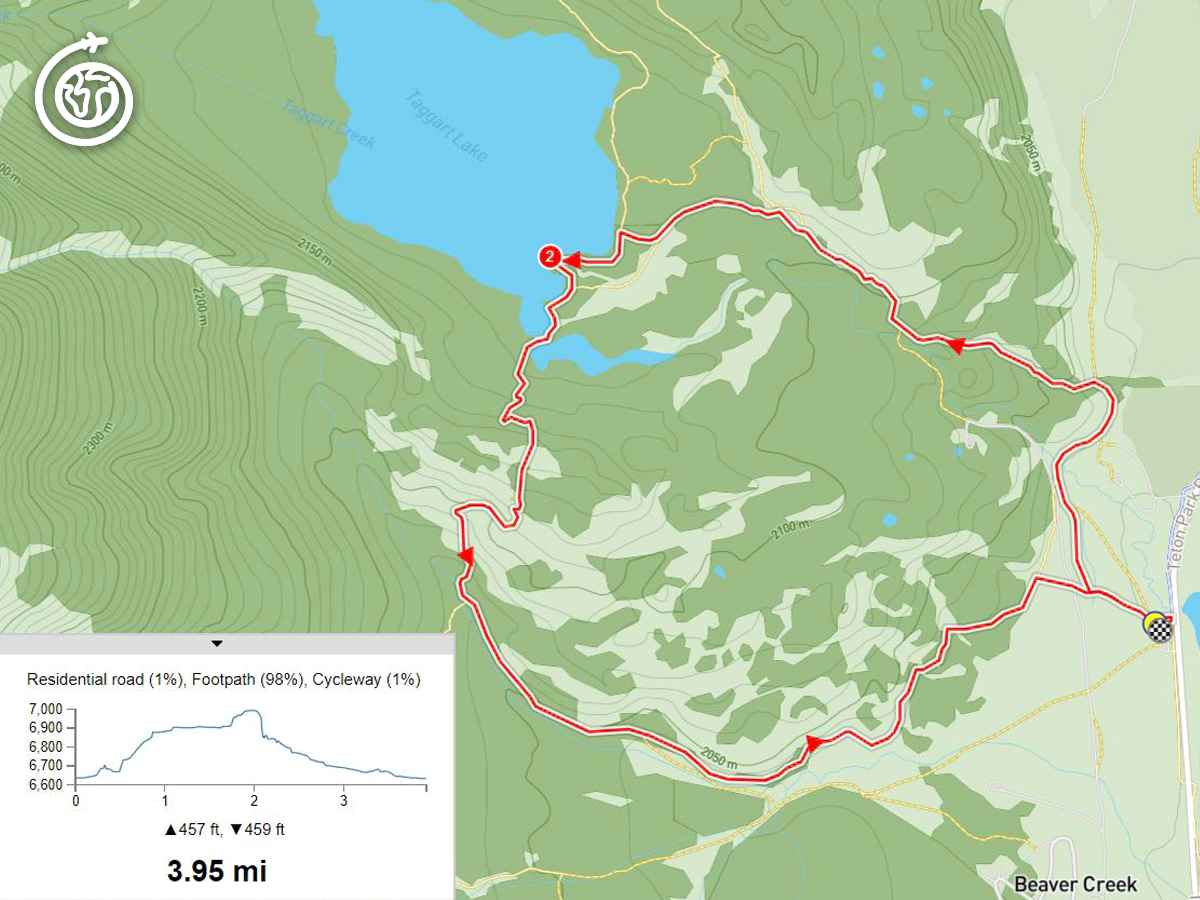
© Mapbox © OpenStreetMap
Delta Lake Trail
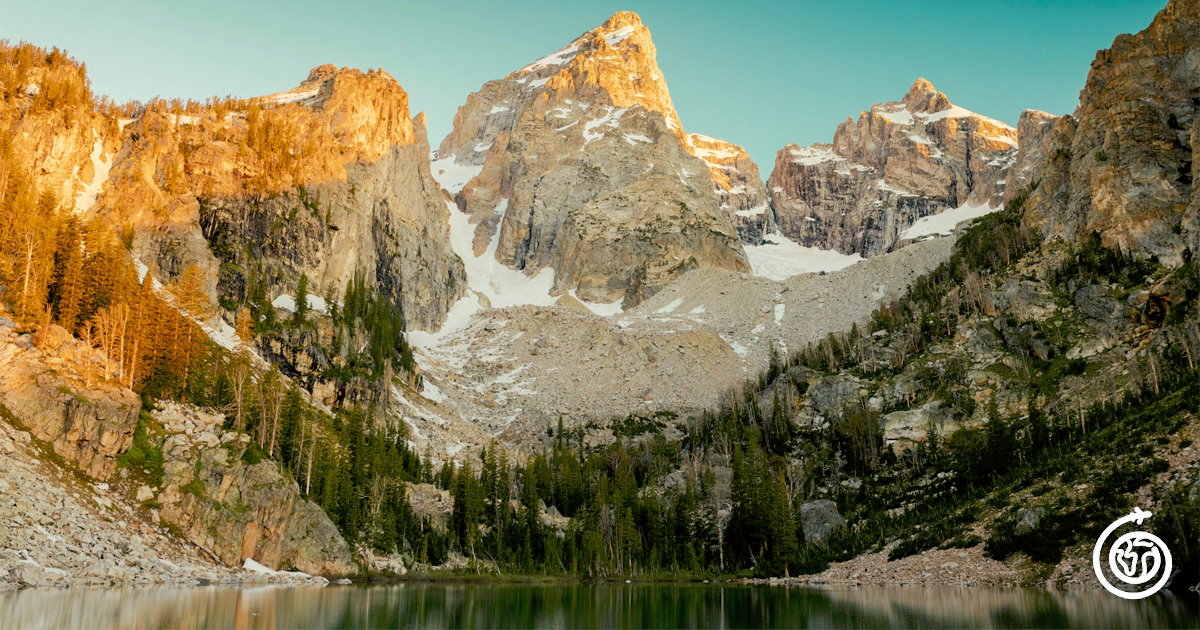
To reach Delta Lake you need physical fitness because there is no easy way there. A person has to pass through rough ground covered by stones or rocks which may be dangerous at times if one slips off them hence the need for caution when climbing up such places. The effort pays off when you finally see this breathtaking green-colored highland pool below the massive Grand Teton peak!



Difficult
7.5 miles roundtrip
2700 ft
Recommended Map: Delta Lake Trail Map
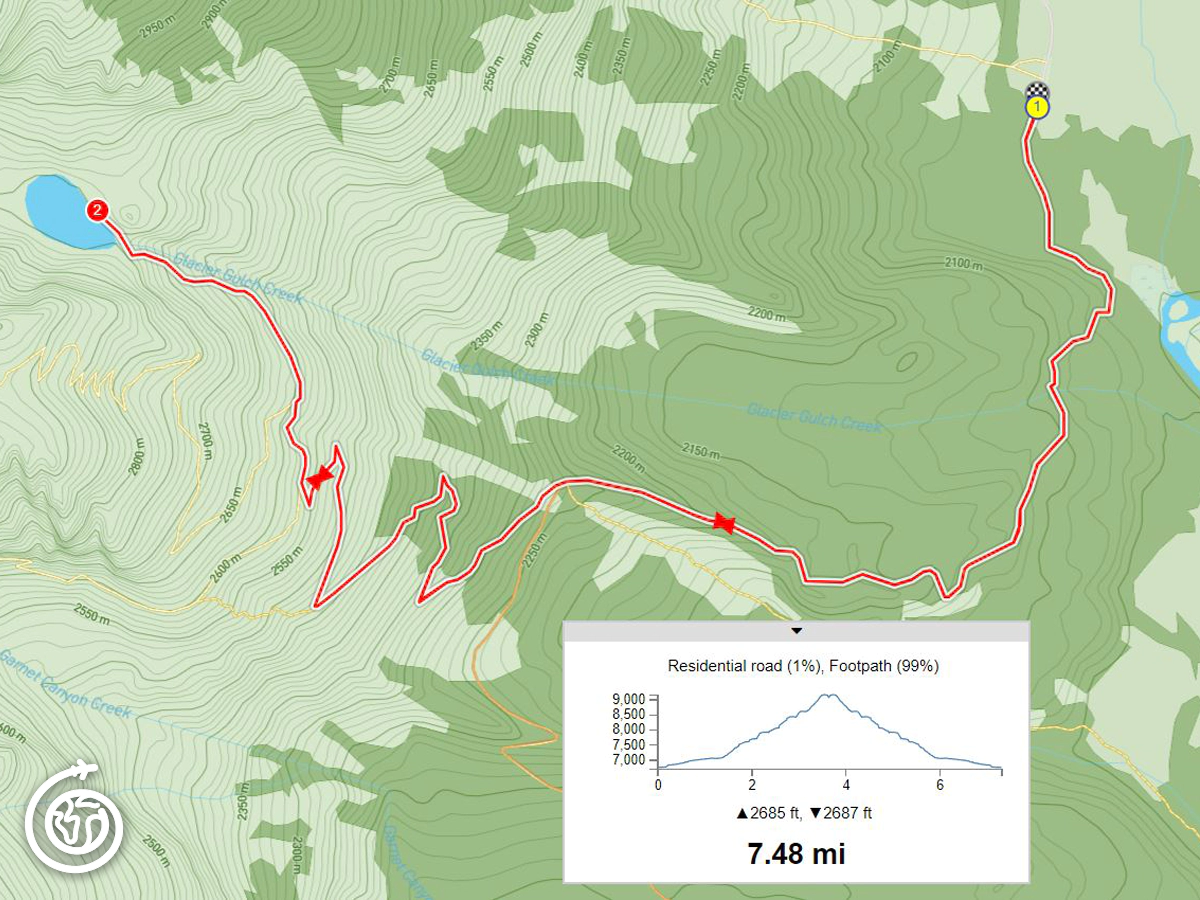
© Mapbox © OpenStreetMap
Jenny Lake Loop Trail
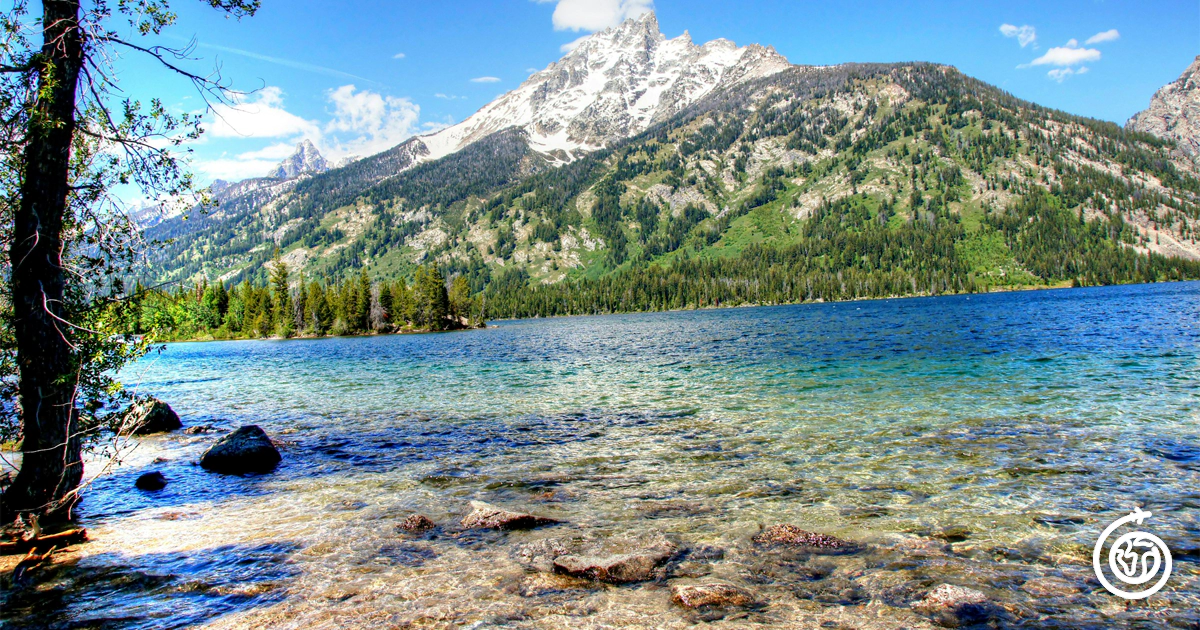
This moderate hike will give you a chance to see Jenny Lake. However, do not expect anything less than wonderful views and unnoticeable waterfalls. Pass through woods full of singing birds and enjoy the peace of this famous alpine lake.



Moderate
7.5 miles roundtrip
500 ft
Recommended Map: Jenny Lake Loop Trail Map
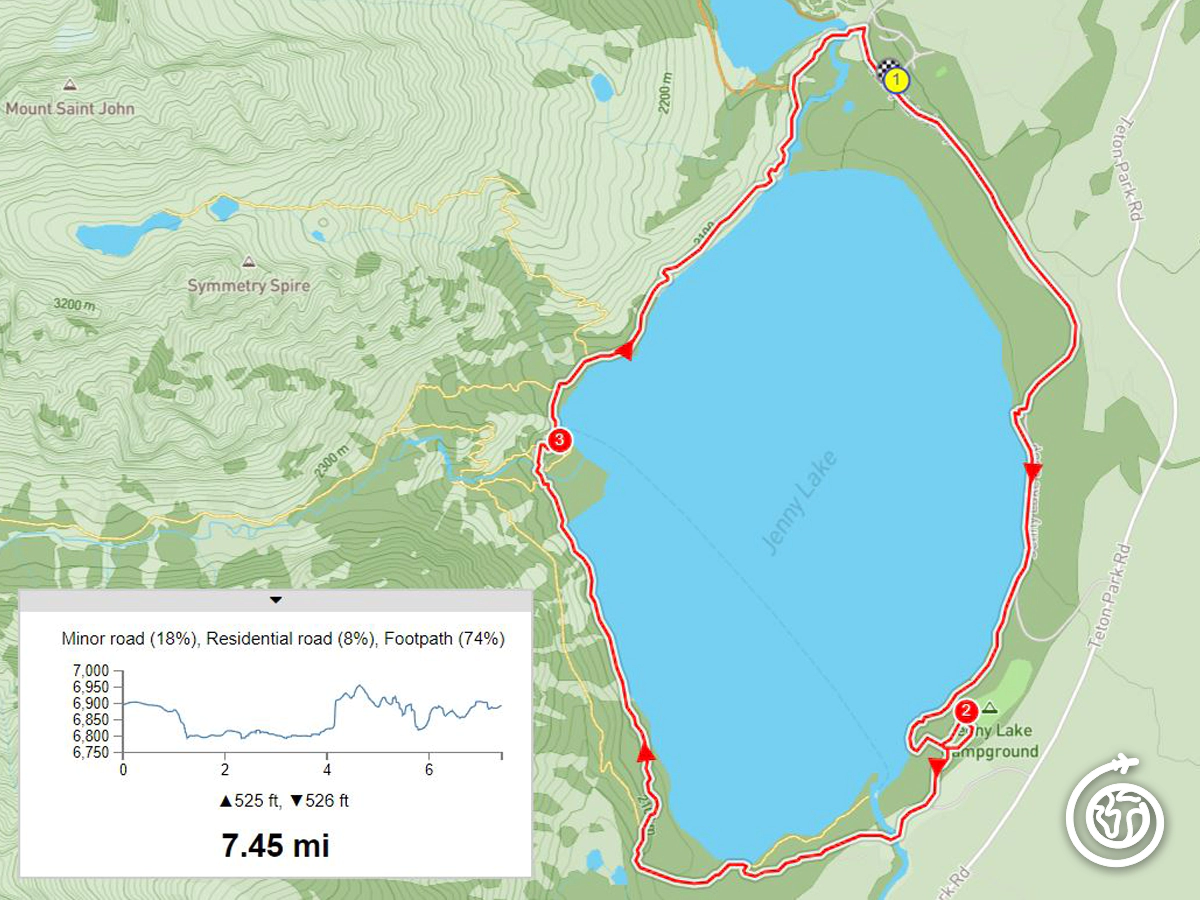
© Mapbox © OpenStreetMap
Death Canyon Trail
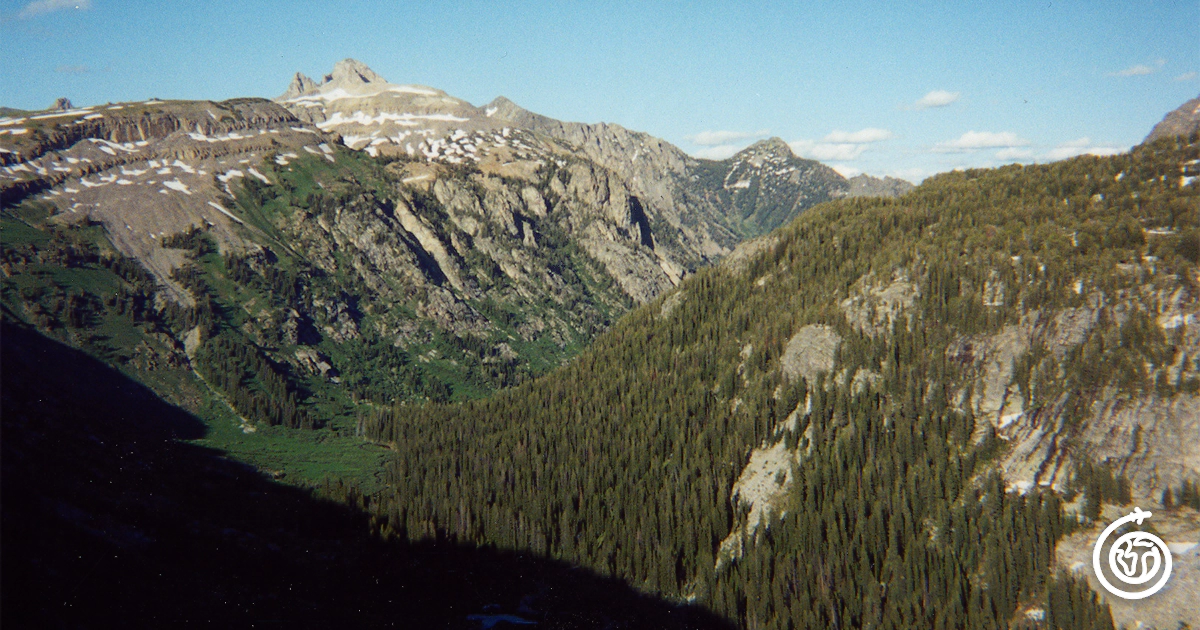
To follow this difficult route means to go deep into wild nature where giant cliffs form canyons and there are still untouched areas around. Every inch of the way is fascinating as it shows off the untamed beauty of natural things in their primeval state.



Difficult
9 miles roundtrip
2500 ft
Recommended Map: Death Canyon Trail Map
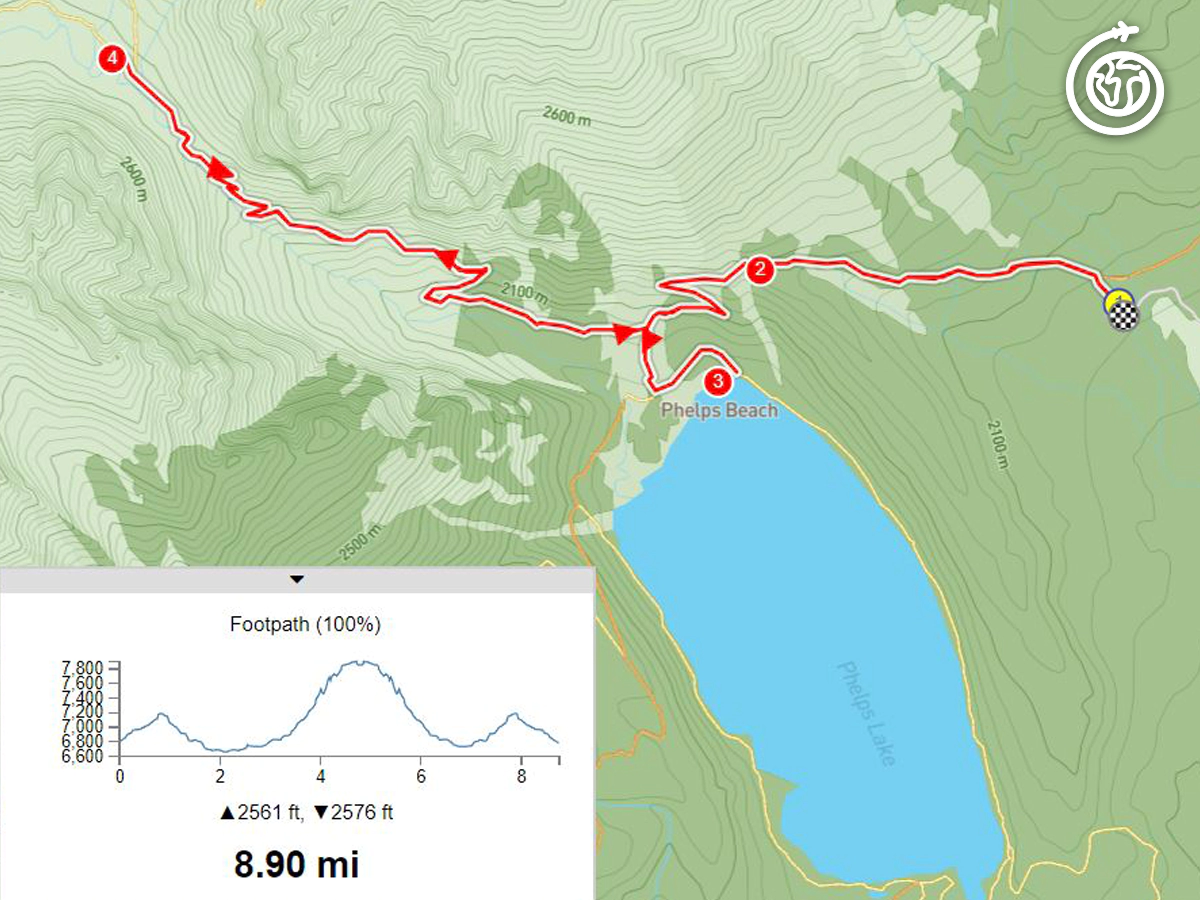
© Mapbox © OpenStreetMap
Paintbrush Canyon – Cascade Canyon Loop Trail
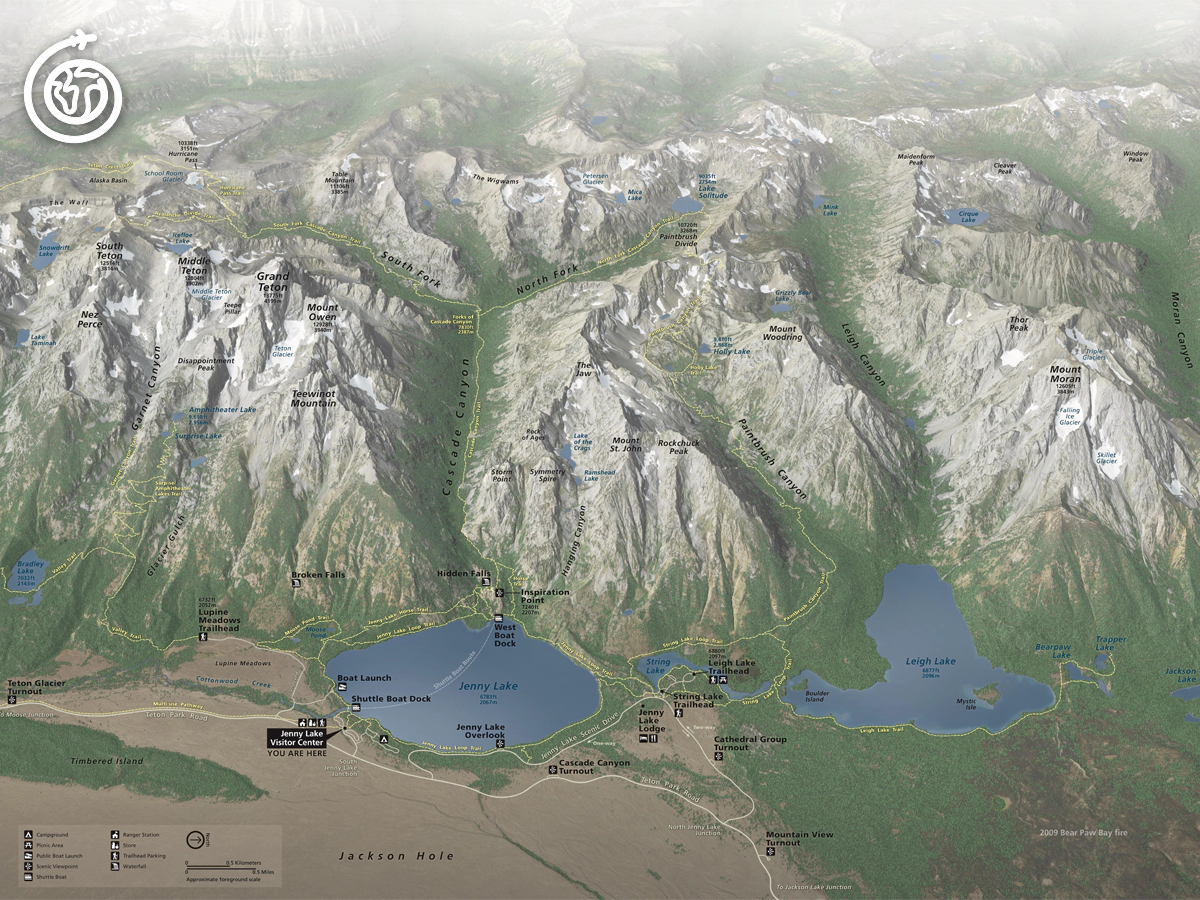
Wandering via multi-colored wildflower gardens set amongst rocky hills is not for weaklings but those who dare will surely reap great rewards. After hours of ascending steep slopes covered with snow during winter months or climbing dry cliffs in the summer heat, don’t give up yet. Spectacular views stretch out over the whole Teton Range; these are simply unmatched anywhere else on Earth!



Strenuous
19 miles roundtrip
4500 ft
Recommended Map: Paintbrush Canyon – Cascade Canyon Loop Map
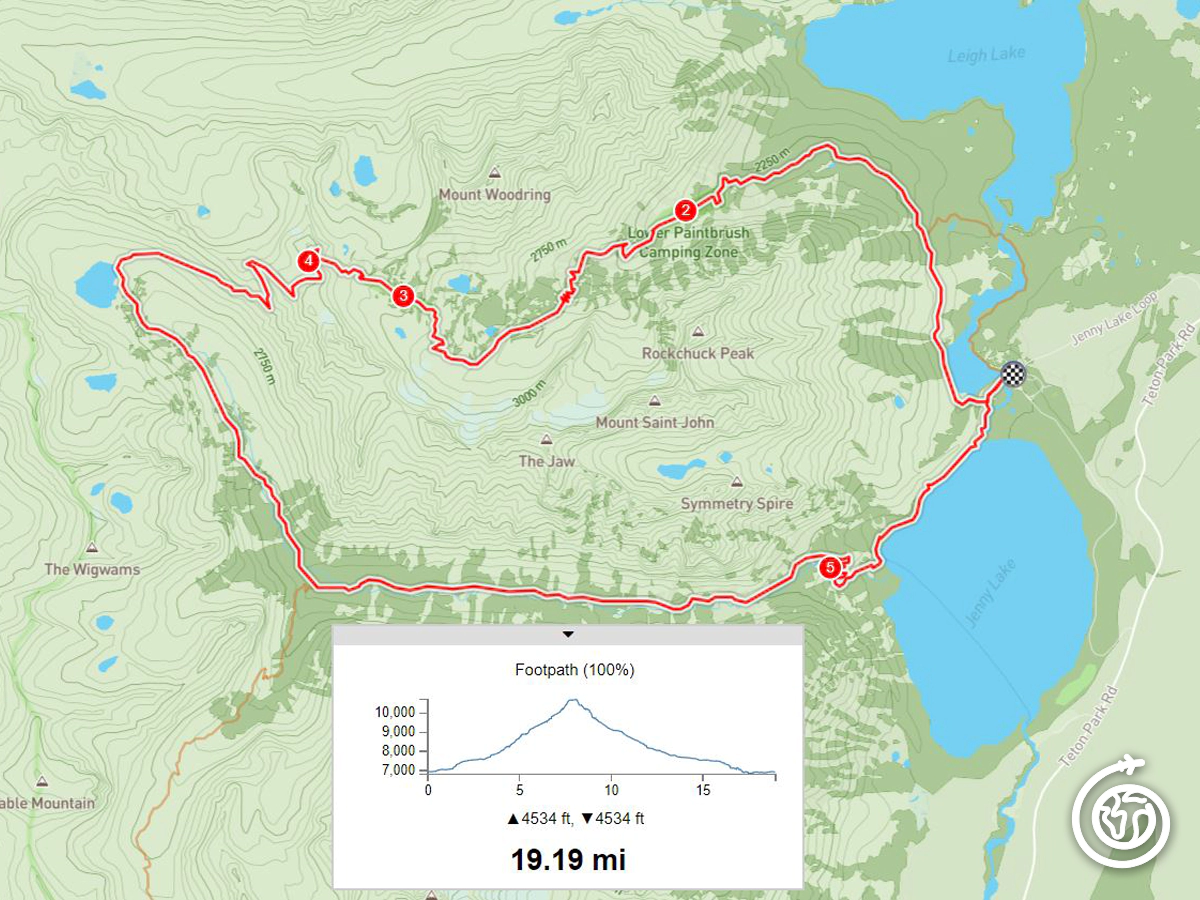
© Mapbox © OpenStreetMap
4. Preparing for a Hike
Preparing for a hike in Grand Teton National Park is much like preparing for an exciting journey into nature’s heart. Nevertheless, before hitting the trails, it is crucial to understand what you need to know and have with you to be safe and have fun. Therefore, let us talk about planning and getting ready for your hike.
The Best Time to Go
Selecting the right time of year to visit the Grand Tetons sets you up for an unforgettable experience. This is because during each season different things happen:
- Flowers bloom in spring
- Days become longer throughout summer
- Leaves change color and fall off trees during autumn while they cover everything else up under their beautiful reds, yellows, oranges etcetera
- Then Winter comes along which brings peace as snow covers everything making it look like paradise on earth
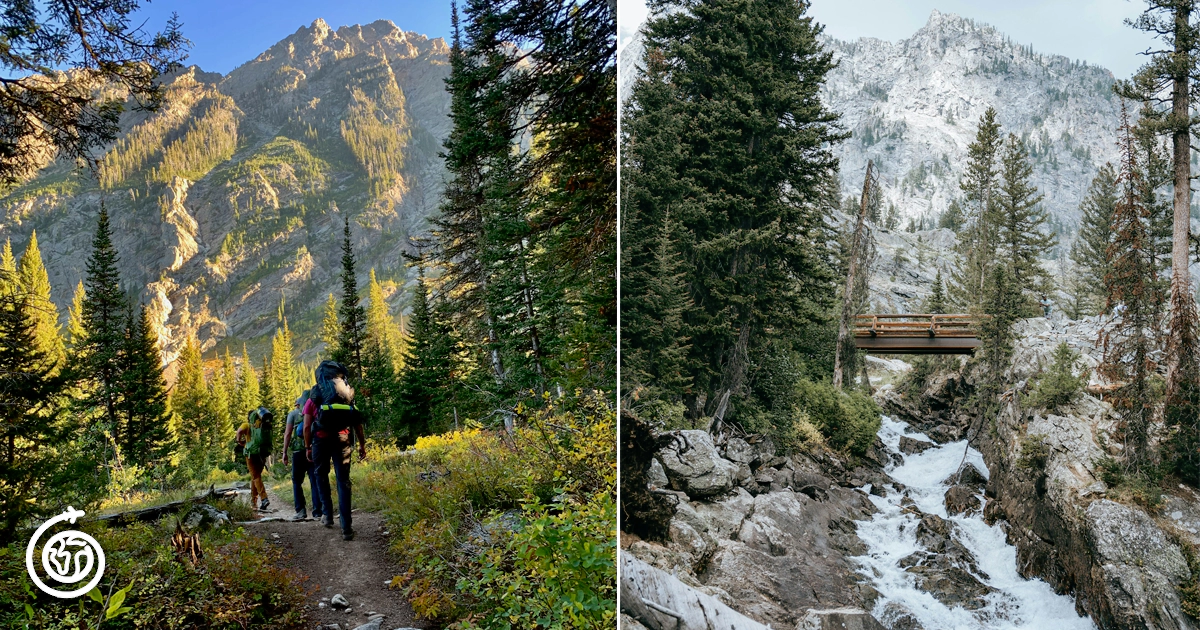
So when exactly would be your perfect timing for exploring this natural wonderland? Check out our article about when should one visit Yellowstone National Park! All what’s in there applies for the Grand Teton National Park.
Essential Equipment & Gear
You need to gear yourself up just like those experienced explorers do by having all the necessary equipment required for your trekking adventure. A good backpack stuffed with items such as strong hiking boots that can withstand different weather conditions, layered clothes suitable for any type of climate, navigation tools among others could greatly contribute towards making this trip successful. Not forgetting snacks that will keep you energized throughout the journey. Plus the emergency essentials needed in case anything goes wrong since being ready always helps one overcome challenges encountered along the way even if they seem impossible at first sight.
Regulations and Permits
Before a person embarks on the wild for their backcountry adventure, they should learn about the regulations of the park and permits required. Whether it’s camping under the stars or hiking through deserted places, knowing what is permissible will help ensure that everything goes well and keep this place safe in future too. For information regarding safety guidelines or where one can get back country permits visit Grand Teton National Park Backcountry Permits Information.
Leave No Trace Ethics
While in Grand Teton National Park, remember to leave nothing but footprints behind and take nothing but memories with you. Follow Leave No Trace ethics so that your impact on this environment is minimized and it remains as beautiful as when first discovered by mankind thousands of years ago. When you practice responsible outdoor behavior, not only are you immersing yourself in nature – but also preserving its wonders for future generations who may never have such chances themselves.

5. Conclusion
Climbing up a mountain peak within Grand Teton National Park should not be seen as an end itself – rather it ought to be embraced as part of the wider experience where one gets lost in the beauty around them while making long-lasting memories. With maps serving as our guides; safety acting like our compass; and not leaving any trace whatsoever being our motto – we are now ready for an amazing journey through these magnificent wilds.
6. Frequently Asked Questions (FAQs)
What are the best hiking trails in Grand Teton National Park?
Cascade Canyon Trail, Jenny Lake Loop Trail, and Taggart Lake Trail are the most beautiful hiking trails in Grand Teton National Park as they have amazing views and various landscapes.
Where can I get detailed maps of Grand Teton National Park?
Visitor centers within the park or the website of the National Park Service provide detailed maps of Grand Teton National Park.
Are there any guided hiking tours available in the park?
Yes, many companies offer guided hiking tours in Grand Teton National Park where experienced guides share their knowledge with visitors keeping them safe.
What wildlife can I expect to see while hiking in Grand Teton National Park?
While you’re hiking through Grand Teton National Park keep an eye out for some animals like elks, mooses, bison, bears, or different species of birds even including wolves too.
How do I stay safe while hiking in the park?
To ensure your safety during a hike in the park always stick to marked paths, take the necessary equipment, be conscious about weather conditions, never go alone and respect rules established by authorities.
How much does it cost to enter Grand Teton National Park?
The price for entering a vehicle into Grand Teton National Park varies depending on its type. However, if you come here with private non-commercial cars then a day’s permit will cost $35.
How long does it take to drive the loop in Grand Teton National Park?
The duration of driving around the loop in Grand Teton National Park is typically about two to four hours.
How far apart are Grand Teton and Yellowstone?
Located just south of Yellowstone National Park, Grand Teton National Park is within 10-15 miles of it.
Are dogs allowed on hiking trails in Grand Teton National Park?
Dogs are allowed in some parts of Grand Teton National Park. But usually not on trails because this might hurt or disturb living things and nonliving habitats.
Should Grand Tetons, Wyoming be on my must-see list?
Definitely! There are no other places like it: great views of mountains that seem very high up; huge numbers of wild animals; fresh air everywhere and lots to do outside if you love nature.
What airport to fly into for Grand Teton National Park?
Jackson Hole Airport (JAC) is the closest airport serving Grand Teton National Park. It’s located about 10 miles north of Jackson, Wyoming. It has flights coming directly from different major US cities.
